Apr, 2021
Hundreds of families in Beirut will now have enough food to last the whole month
Ramadan is always an eagerly anticipated spiritual experience – a month where many streets in Lebanon would be festooned with lanterns, lights and ornaments of all colors. During the day, markets would be buzzing with people preparing for iftar and street vendors selling Ramadan juices and snacks. In some parts of Beirut, mosques would be flush with crowds praying together, their chants audible late into the night. But that is no longer the case — not after what Beirut has gone through in the past two years.
“This is the second Ramadan since the start of Lebanon's catastrophic economic crisis and the first Ramadan after the horrible Beirut blast,” says Dima Zayat, Anera’s deputy country director in Lebanon.


“Many people who are fasting will have to sit at the iftar table missing a family member; and most will not be able to serve the traditional nutritious Ramadan meals at iftar because they can no longer afford it.”
Our team in Lebanon knew that this Ramadan would be like no other and that they must double their efforts to make sure that the most vulnerable families are not completely deprived from this spiritual experience; that they too can fast and enjoy a healthy iftar without having to worry about borrowing money or adding to their debt. Hope always finds a way. Anera’s staff in Lebanon launched a campaign called kilna la ba’d, which means ‘we are for one another.’ The campaign is helping Muslim families throughout the holy month of Ramadan.
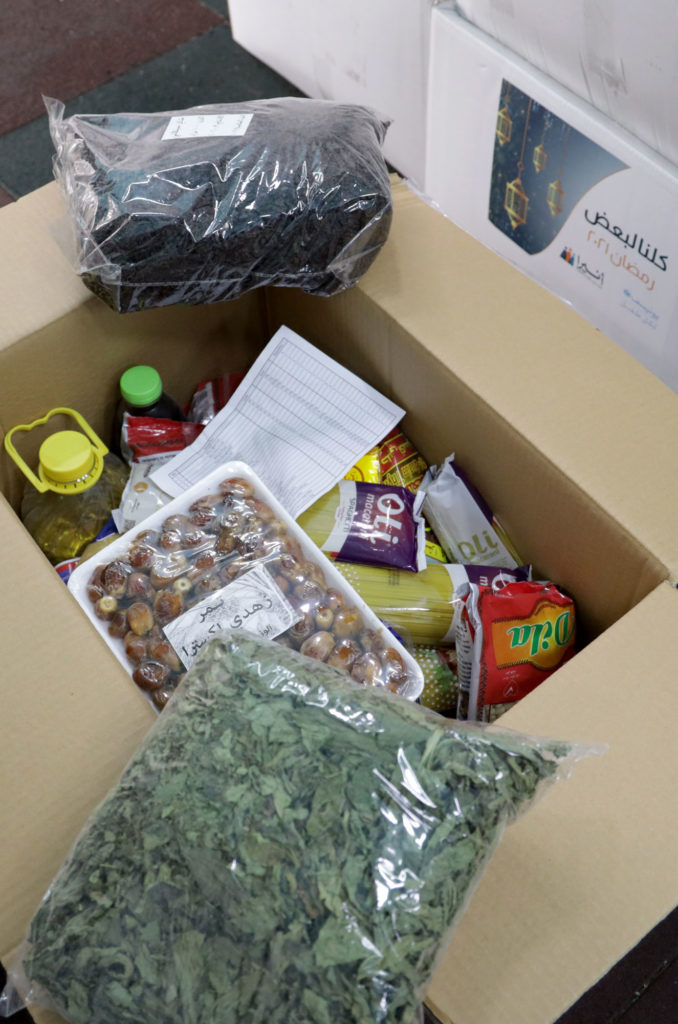

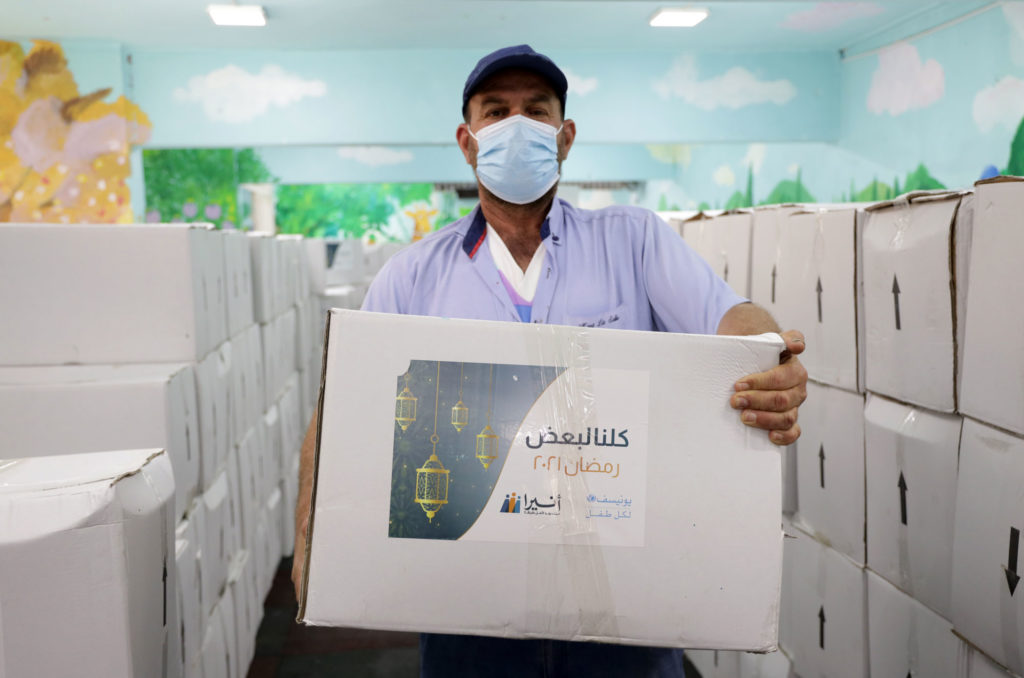

“With the support of its generous donors,” says Zayat,
“Anera will be able to reignite some of Ramadan's spark in vulnerable households. Hundreds of families in Beirut will have enough food to last the whole month. Our parcels also include traditional Ramadan items like dates, qamar al-din (apricot juice), halawa (semolina-based sweets), and everyone's favorite, molokhia. We hope that by providing food, people will have one less cost to worry about.”
The Beirut distribution took place in partnership with the Lebanese Council for Development and Reconstruction (CDR) and their affiliated partner; the Association of Islamic Charitable Projects. Due to the sensitivity of Beirut’s current security situation and the COVID-19 restrictions, our partners arranged the distribution so that each family would receive its parcel at their doorstep, avoiding any unwanted attention to families receiving aid.
Anera’s team procured the goods, prepared the large-sized parcels and delivered them to our partners who made sure that each parcel arrived at its destination. Our team also followed up on the distribution and received feedback from our partners, so we can make improvements in the future.
Wael Dabbous at CDR says,


“People were so eager to receive the support. Everyone said that it came just in time, especially during these difficult days and during the beginning of Ramadan. They were very happy and thankful that their comfort, privacy and dignity were taken into consideration during the distribution.”
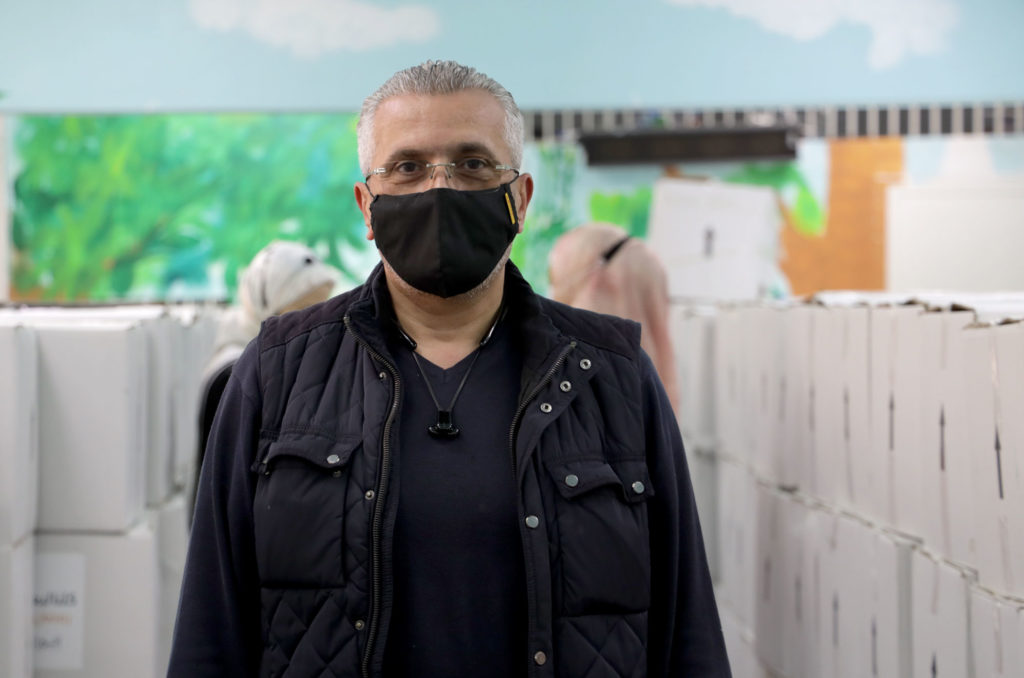

In Beirut alone, Anera’s Ramadan food parcels have benefited more than 5,000 people, including 1,500 children under the age of 13. The distribution has focused on the most vulnerable Palestinian and Lebanese families. Our teams continue to distribute food parcels and staples across Lebanon. And we are still raising funds for this effort.
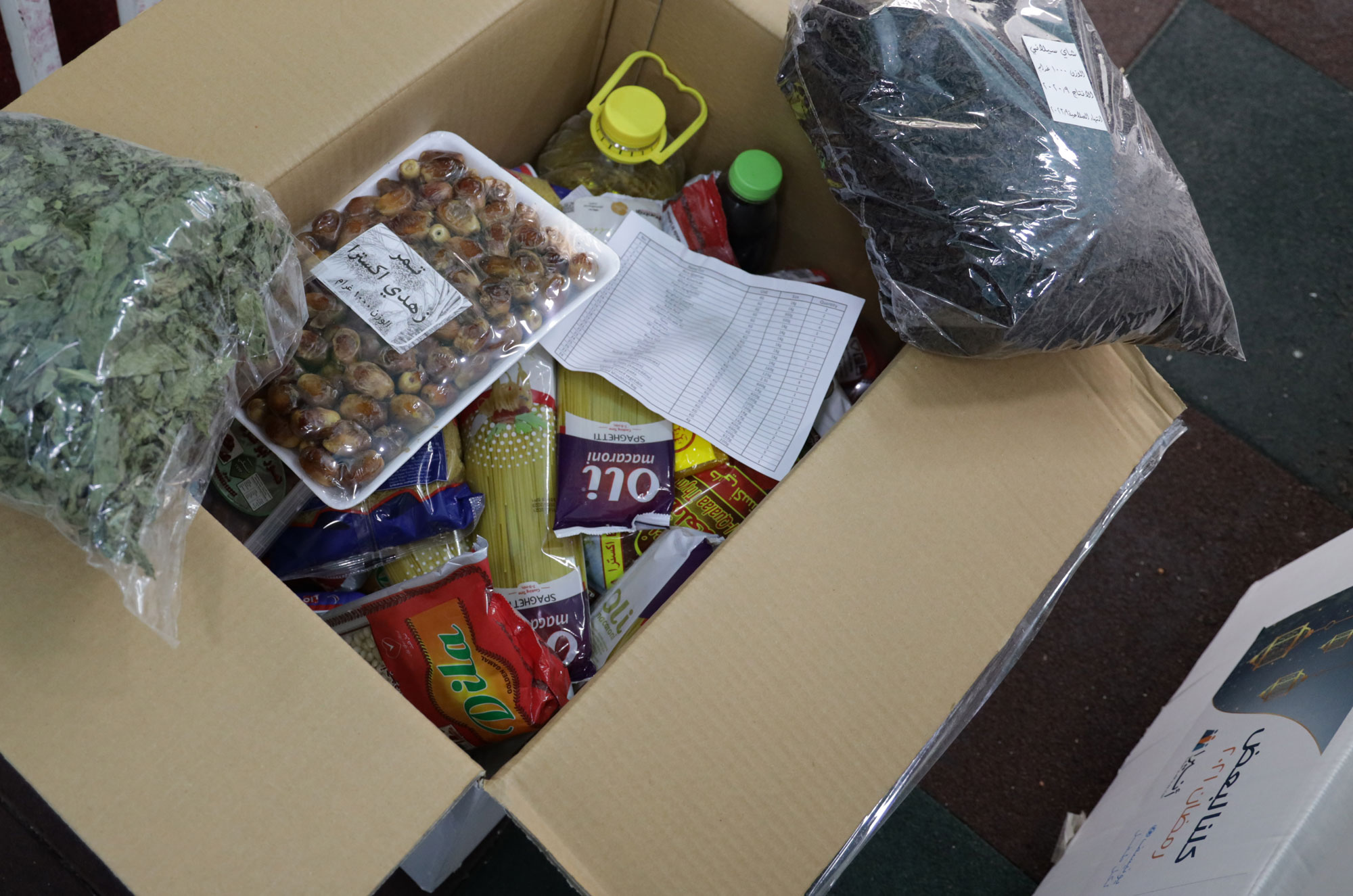

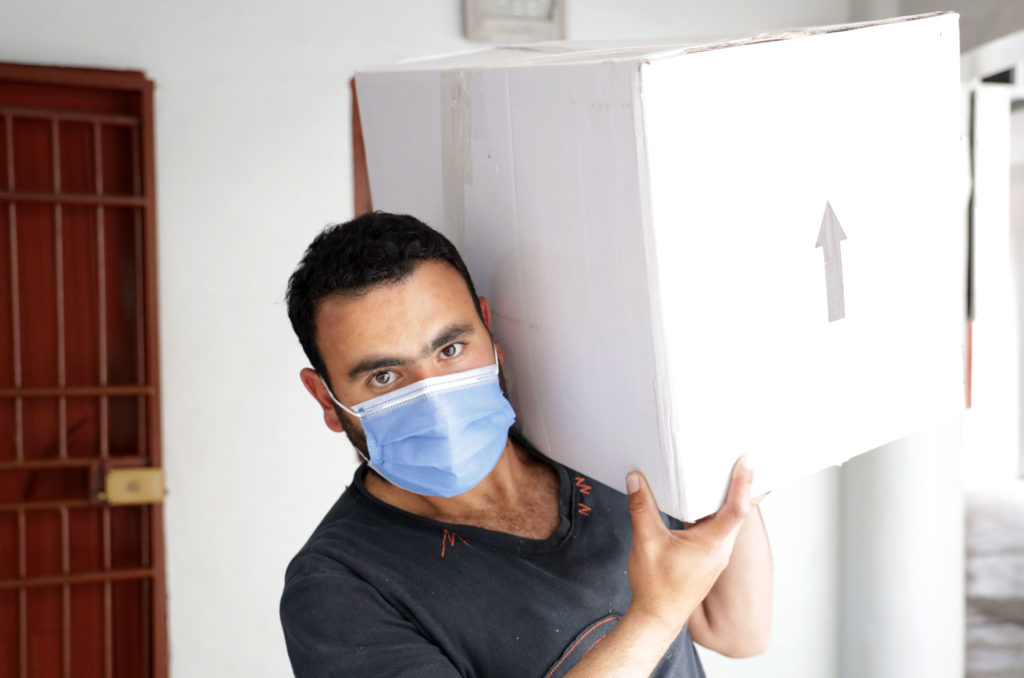

Anera cannot resolve the multiple, enormous crises facing Lebanon. Our education and job creation programs go a long way toward enhancing the livelihoods of marginalized families and we continue our focus always on these kinds of development programs. But we also recognize the importance of providing a little relief during tough times. Food parcels are not a sustainable solution to food security, but they are a great gift during a spiritual month that means so much to many families.
Until humanitarian aid becomes obsolete, Anera will always be there to provide families with a shoulder they can lean on.


